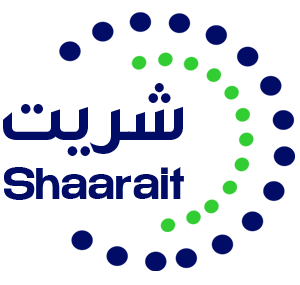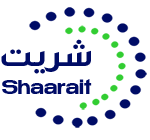Digital Signing
Digital Signing is by far the most easily verified and the most reliable with respect to providing document integrity. Electronic signature and manage your documents from anywhere, on any device.
The Challenge
Today, most everyone has gone through the timely process of manually sending and receiving hard copies of important documents like forms, contracts, and applications that require your physical handwritten signature and/or initials. Here are the most common challenges for signing documents:
1 – Saves More Time & Creates More Efficiency
2- Track Progress of Your Files & Signatures in Real-Time
3- Ensure Secure Access & Identity of The Signer
The Solution
Digital signatures tend to be more secure than traditional paper-based wet ink signatures as they’re easier to track, especially if generated through a specific digital signature software.
Digital signature software products or platforms also use encryption and decryption technology alongside public key infrastructure (PKI) adding an extra step of authentication to the signing process that aims to prevent tampering.
Digital Signing
Solve document challenges
with Digital Signing
It’s easier to pick the best e-signature solution for you when you know what challenges they can solve.
What Are Digital Signatures?
Digital signatures are widely recognized as a best practice for providing digital verification of electronic transactions. Digital signatures use a standard, accepted format, called Public Key Infrastructure (PKI), to provide the highest levels of security and universal acceptance. They are a specific signature technology implementation of electronic signature (eSignature).
How do digital signatures work?
Digital signatures, like handwritten signatures, are unique to each signer. Digital signature solution providers follow a specific protocol, called PKI. PKI requires the provider to use a mathematical algorithm to generate two long numbers, called keys. One key is public, and one key is private.
When a signer electronically signs a document, the signature is created using the signer’s private key, which is always securely kept by the signer. The mathematical algorithm acts like a cipher, creating data matching the signed document, called a hash, and encrypting that data. The resulting encrypted data is the digital signature. The signature is also marked with the time that the document was signed. If the document changes after signing, the digital signature is invalidated.
As an example, Mary signs an agreement to sell a timeshare using her private key. The buyer receives the document. The buyer who receives the document also receives a copy of Mary’s public key. If the public key can’t decrypt the signature (via the cipher from which the keys were created), it means the signature isn’t Jane’s, or has been changed since it was signed. The signature is then considered invalid.
To protect the integrity of the signature, PKI requires that the keys be created, conducted, and saved in a secure manner, and often requires the services of a reliable Certificate Authority (CA). Digital signature providers meet PKI requirements for safe digital signing.
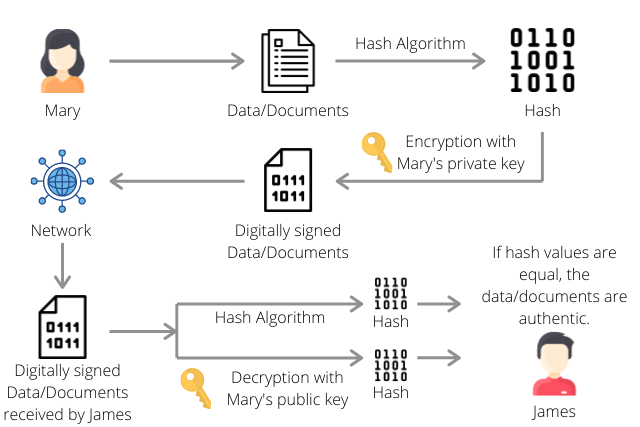
What is Public Key Infrastructure (PKI)?
Public Key Infrastructure (PKI) is a set of requirements that allow (among other things) the creation of digital signatures. Through PKI, each digital signature transaction includes a pair of keys: a private key and a public key. The private key, as the name implies, is not shared and is used only by the signer to electronically sign documents. The public key is openly available and used by those who need to validate the signer’s electronic signature. PKI enforces additional requirements, such as the Certificate Authority (CA), a digital certificate, end-user enrollment software, and tools for managing, renewing, and revoking keys and certificates.
What are the benefits of digital signature?
Reduces costs associated with manual paper processes
Establishes trust of electronically transmitted documents
Any attempt to alter a document once digitally signed invalidates the signature
Streamlines document signing process electronically
Replaces the manual seal and signature process
OFFERINGS
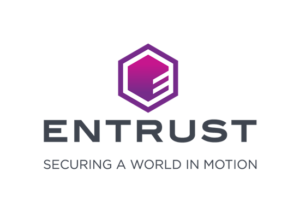
With 25+ years of digital identity expertise and 50+ years of security innovation, Entrust is a digital security leader.
Entrust Document Signing Certificates are compatible with Adobe® PDF and Microsoft® documents and provide non-repudiation for the lifetime of a document.

